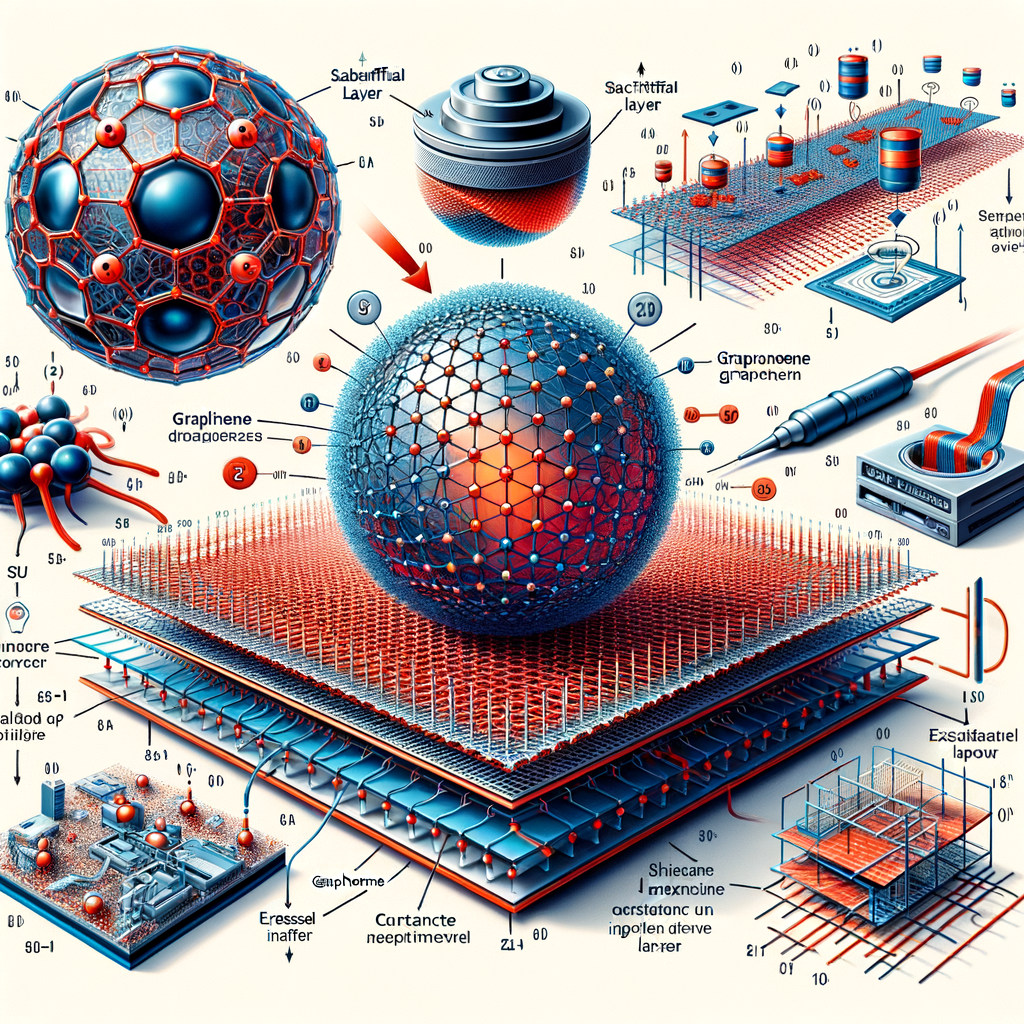Understanding the Impact of Microplastics on Placental Health
In a groundbreaking study, scientists have discovered a concerning presence of microplastics in human placenta, casting new light on the pervasiveness of plastic pollution and its potential impact on fetal development. This recent research not only underscores the omnipresence of microplastics but also raises significant questions about their effects on human health, especially in the earliest stages of life.
The Prevalence of Microplastics in the Placenta
The study, examining dozens of human placentas, found microplastics in every single sample tested. Polyethylene, a plastic commonly used in bags and bottles, constituted more than half of these particles. This rampant presence of microplastics in the placenta indicates a direct pathway for these pollutants to impact fetal development, potentially leading to health complications.
The Broader Implications of Plastic Pollution
Plastic pollution is not just an environmental issue but a severe health concern. With microplastics being discovered in critical human tissues like the Heart and now the placenta, the evidence is mounting that no part of the human body is immune to plastic invasion. This contamination reflects the larger issue of plastic pollution, highlighting an urgent need for global action.
Steps Forward in Addressing Microplastic Contamination
To combat the infiltration of microplastics into human bodies, especially vulnerable developing fetuses in the placenta, it is crucial to reduce our reliance on plastics. Simple actions, such as opting for reusable bottles and bags, can significantly decrease the production and disposal of polyethylene-based products. Furthermore, supporting and participating in initiatives aimed at cleaning up existing pollution and advocating for stricter regulations on plastic production and waste can drive systemic changes needed to tackle this issue.
Calling for Action
The findings from this study serve as a wake-up call, emphasizing the need for immediate and concrete action to minimize plastic pollution. By raising awareness and advocating for policy changes, we can work towards a future where placenta, the lifeline for developing fetuses, is no longer threatened by microplastics. The health of future generations depends on the steps we take today to address this pervasive issue.







